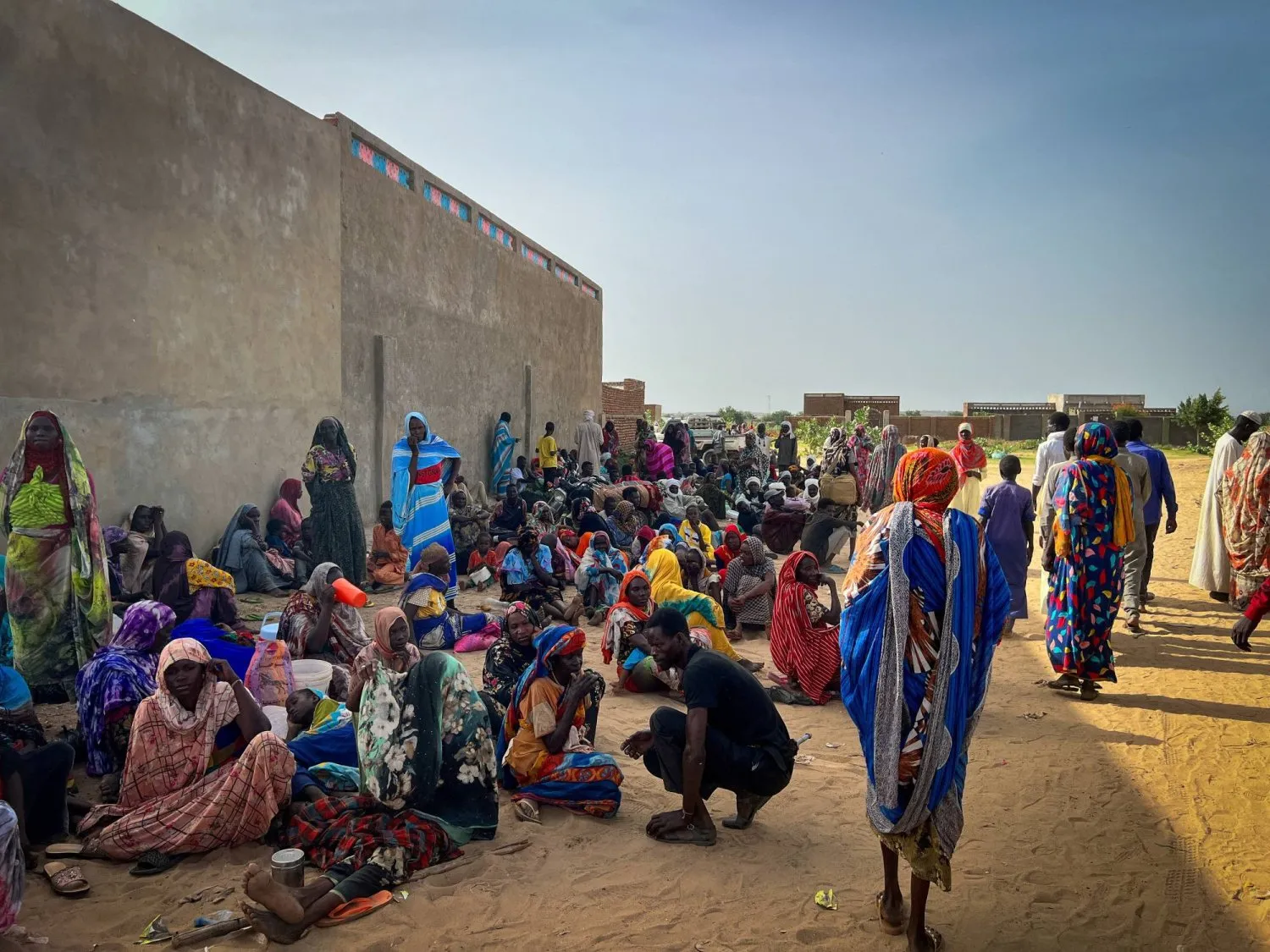The leader of Sudanese paramilitary Rapid Support Forces (RSF) Mohamed Hamdan Dagalo called upon the international community on Thursday to urgently deal with the profound humanitarian crisis in Sudan.
The RSF Commander, also known as Hemedti, warned that civilians could face the real possibility of starvation, blaming the Sudanese Armed Forces (SAF) for blocking the distribution of aid to the conflict areas.
In a post on his X account, Hemedti said the war in Sudan, ignited by remnants of the former regime and their allies within the SAF, has resulted in a profound humanitarian crisis. “Throughout this 10-month war, the situation has deteriorated significantly, culminating in a famine in certain areas of the country,” he wrote.
The RSF Commander also noted that Sudanese civilians find themselves in dire circumstances, facing the real possibility of starvation. “This situation necessitates prompt action from regional and international organizations and agencies to provide urgent relief,” he said.
Hemedti called upon international partners to urgently honor their commitments under international humanitarian law and swiftly increase humanitarian aid to all regions of Sudan, particularly to the most affected areas.
He then expressed the RSF’ willingness to enter into a bilateral agreement and collaborate with international organizations to implement a program that prioritizes civilian protection in areas under their rule.
In this regard, the RSF Commander called on the international community to exert pressure on the Port Sudan Group to adhere to their obligations under international humanitarian law, as stipulated in the Jeddah Declaration for the Protection of Civilians and the commitments paper signed in 2023, by ensuring unimpeded humanitarian access to the affected civilians.
“We reaffirm our steadfast commitment to working with all international partners to facilitate the unrestricted delivery of humanitarian aid in Sudan, ensuring the welfare and safety of affected populations and humanitarian workers,” Hemedti wrote on X.
His post came after a recent UN Progress Classification report highlighted a rapid decline in food security across Sudan, with areas under the RSF protection, including Khartoum, Kordofan, Darfur, and Gezira, experiencing an emergency level of food insecurity, and affecting more than 25 million people.
Meanwhile, the RSF legal advisor, Mohammad al-Mokhtar, welcomed on Thursday the UN efforts to hold a meeting between RSF and the Sudanese Army to facilitate the flow of humanitarian aid across Sudan.
Martin Griffiths, the UN undersecretary for humanitarian affairs, told reporters in Geneva last week that he spoke with Hemedti and SAF chief Gen. Abdel-Fattah Burhan, and that both assured him that they would attend a meeting in Switzerland to discuss humanitarian issues and Sudan’s beleaguered civilians.
“During this meeting, our primary goal is to reach a joint vision over the flow of humanitarian aid to the affected areas, and to remove the administrative obstacles hindering their distribution,” al-Mohktar affirmed.









